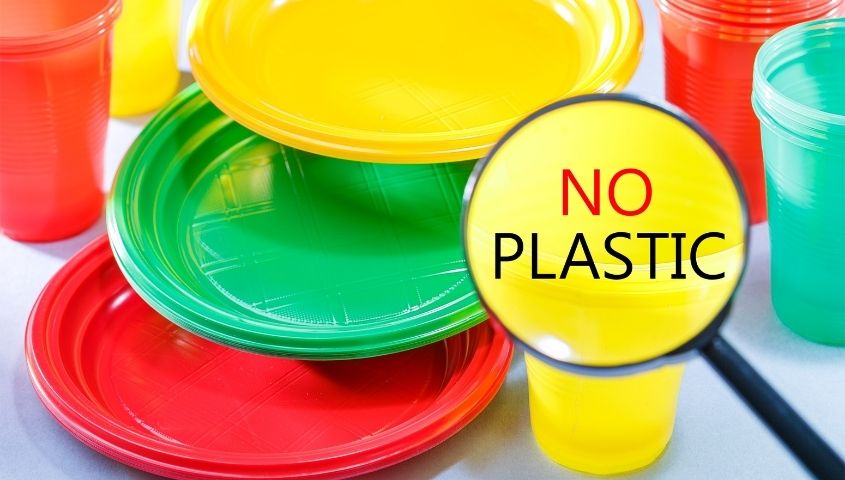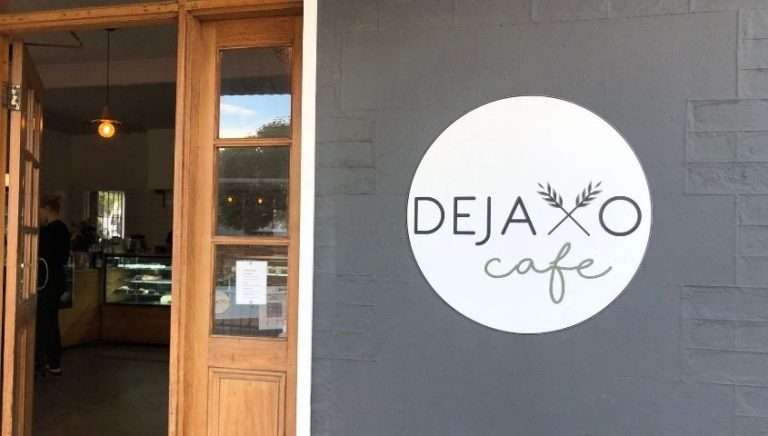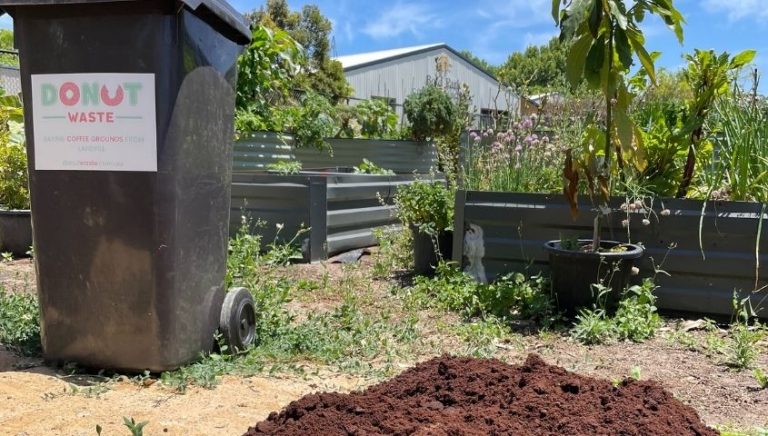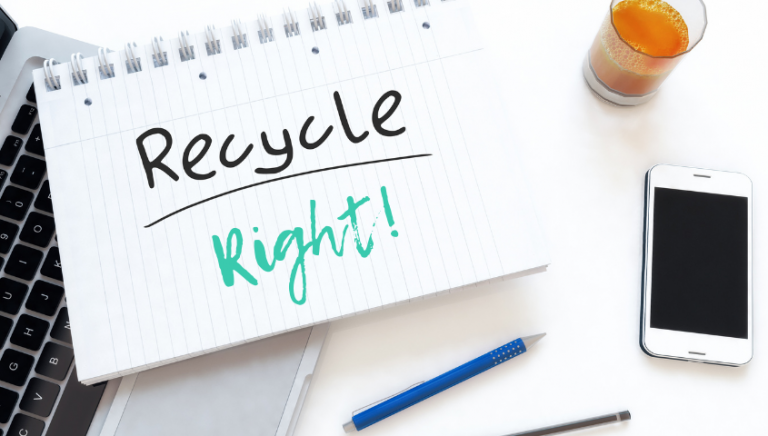This year the WA government decided to fast-track the war against single-use plastic by announcing the single-use plastic ban with the following items being banned by end of years 2021 & 2022.
Single-use plastic or disposable items that will be banned by the end of the year 2021:

✅ plates
✅ bowls
✅ cutlery
✅ stirrers
✅ straws
✅ cups
✅ thick plastic bags
✅ polystyrene takeaway food containers
✅ helium balloon releases
Items to be banned by the end of 2022 include:
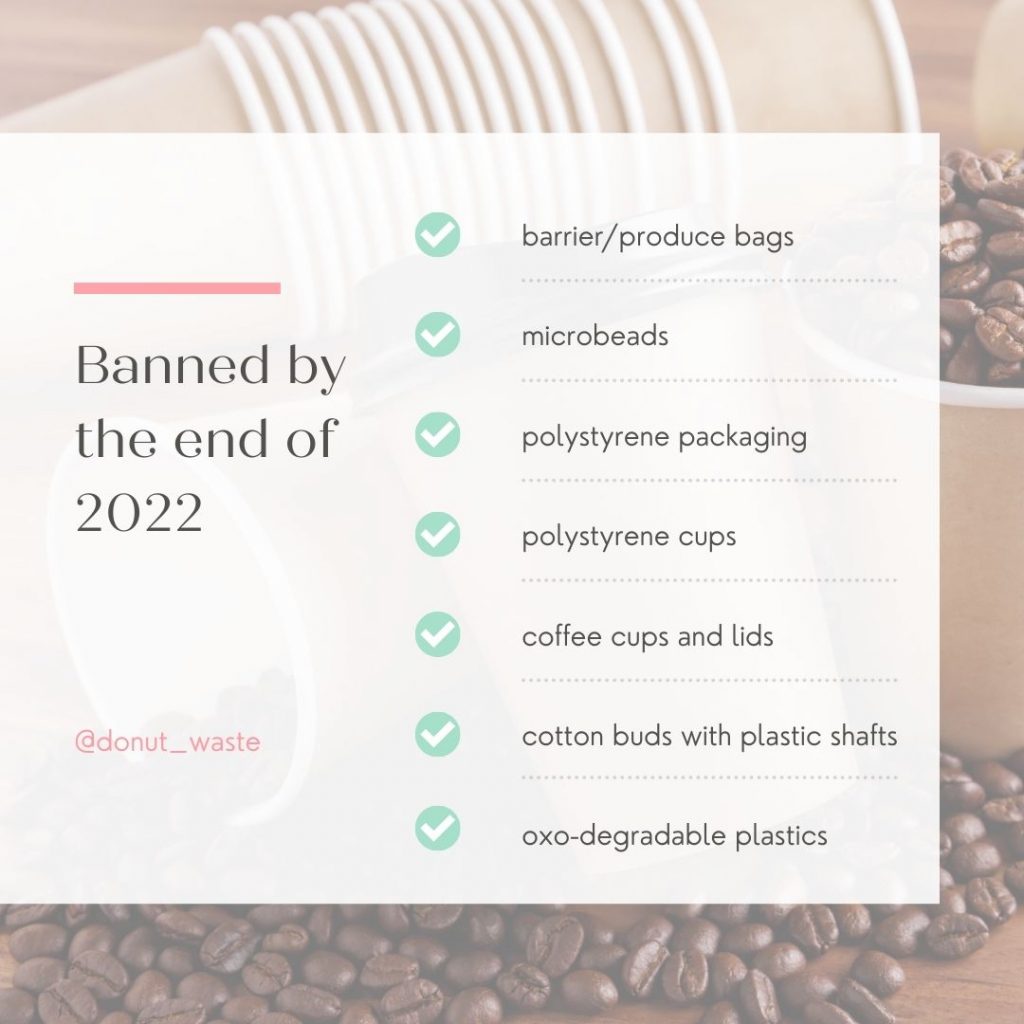
✅ barrier/produce bags
✅ microbeads
✅ polystyrene packaging
✅ polystyrene cups
✅ coffee cups and lids
✅ cotton buds with plastic shafts
✅ oxo-degradable plastics (plastics designed to break up more rapidly into fragments under certain conditions)
So what does that mean?
In theory, it means from 1.1.2021 we shouldn’t be seeing the first batch of banned products (as above) in cafes & restaurants, retailers and out in public in case of helium balloons.
But as always, there is a catch. Presently a six month grace period is proposed, where the bans will be enforced (and therefore a legal requirement to comply with) from 1 July 2022.
So if you are a hospitality venue or a retailer just finding out about the ban, don’t panic. There’s time. And not just time, exceptions. Read on.
The most recent update from the DWER
According to the recent update from the Department of Water and Environmental Regulation (DWER), under the current Stage 1 scope meals that are pre-packaged offsite and not opened prior to sale to a customer are not included in the bans. This information will be confirmed or updated in the coming months.
“Information regarding the finalised scope of Stage 1 of the plan for plastics will be provided closer to the end of the year.” (Let’s see how much closer can we get. :))
“Presently a six month grace period is proposed, where the bans will be enforced (and therefore a legal requirement to comply with) from 1 July 2022.
Under the current Stage 1 scope meals that are pre-packaged offsite and not opened prior to sale to a customer are not included in the bans. This information will be confirmed or updated in the coming months.
Exemptions for bowls and cups are proposed where the item is certified as biodegradable to Australian Standard 4736:2006. Certification would need to include any component of the object that meets the definition of a bowl or cup (to be provided) that wholly or partly contains plastic.
Over the coming months, there will be more information released by the department for businesses.
DWER staff are working closely with the Department of Finance on CUA revisions and other agencies to reduce procurement of plastic. A procurement toolkit is planned to be trialled internally to provide guidance to reduce the procurement of disposable plastics and replace with more responsible items that are reusable, refillable and recyclable.”
Stage 1 Plan for Plastics DWER website information
For more information email: plastic-action@dwer.wa.gov.au.
Don’t forget to subscribe to our newsletter if you want to stay up to date with the most recent updates.
